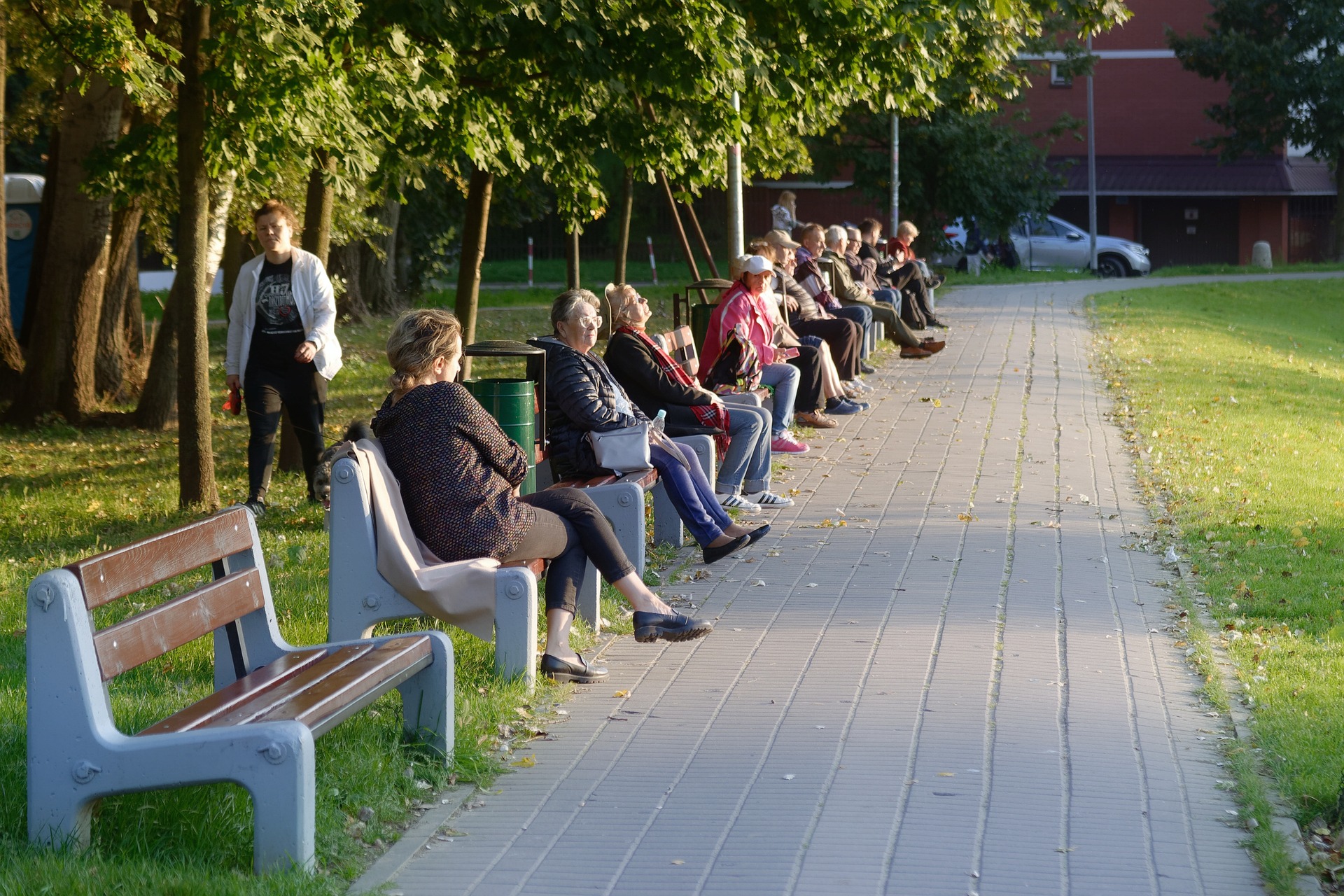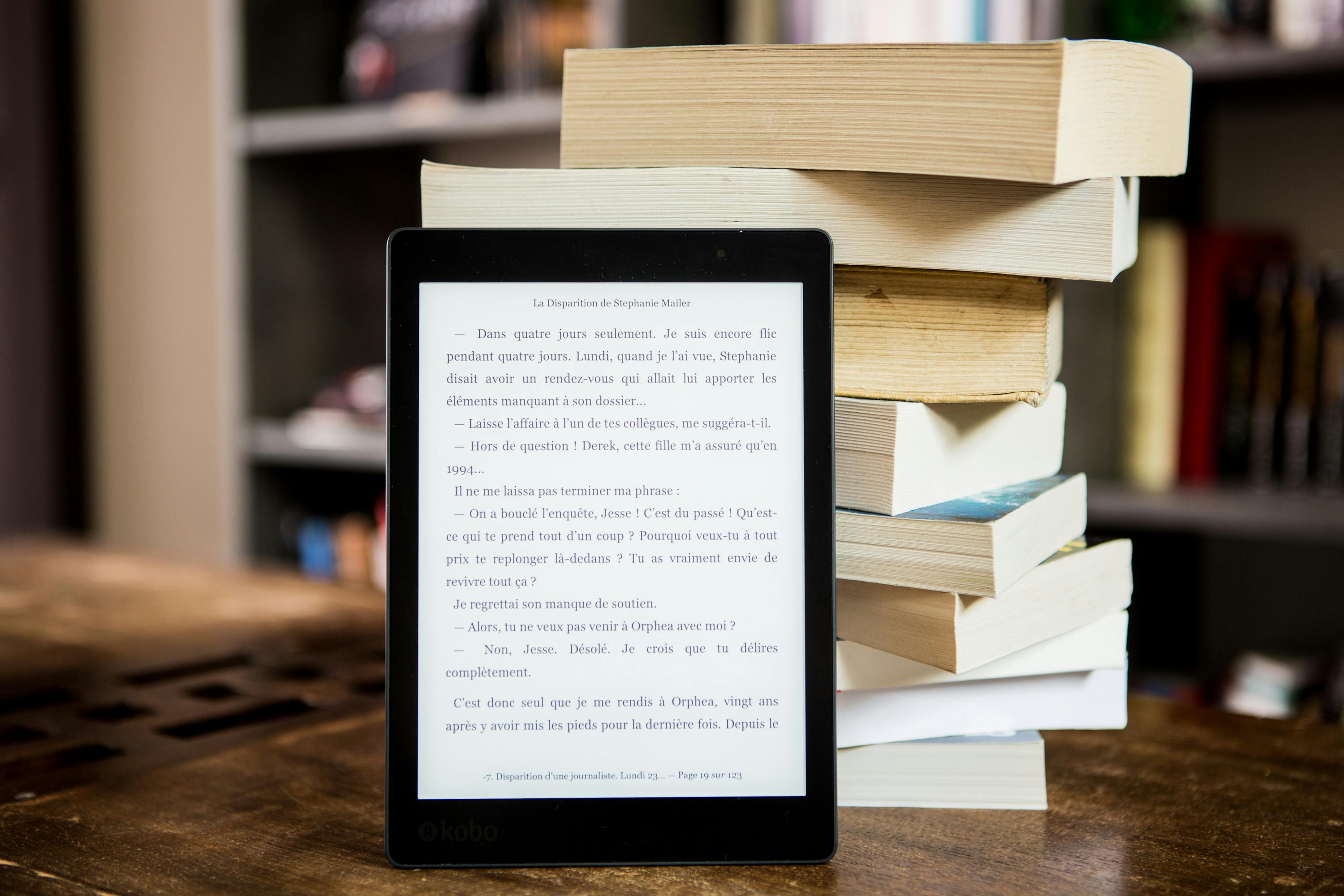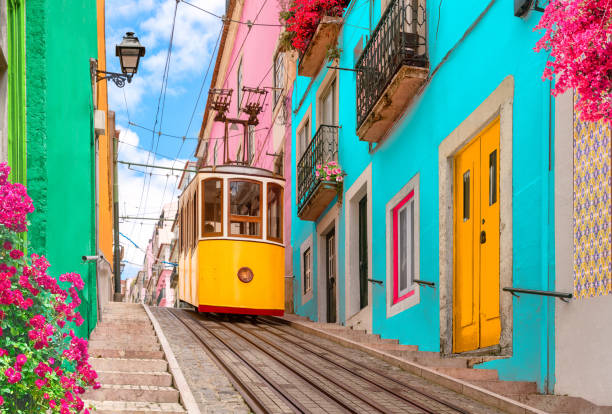The Quiet Rebellion: How Slow Living is Reshaping Our Fast-Paced World
In a world dominated by speed and efficiency, a quieter, slower movement is gaining traction. It's called slow living, and it's challenging the way we define productivity, happiness, and success. Read below to discover how this cultural shift is reshaping our society.

The Genesis of Slow Living
The slow living movement has its roots in the Slow Food movement of the 1980s. Originating in Italy as a response to the encroachment of fast food culture, the Slow Food movement was a call to return to traditional food preparation methods and savor the process of eating. Over time, this philosophy expanded beyond the culinary world to permeate other aspects of life, leading to the birth of the slow living movement.
The Pillars of Slow Living
Slow living is not merely about doing things at a leisurely pace. It’s about prioritizing quality over quantity, mindfulness over mindlessness, and authenticity over superficiality. It’s about redefining what it means to be productive and successful, challenging the societal norms that equate busyness with worth.
The Rise of Slow Living in a Fast-Paced World
In our digital age, where everything is available at the click of a button and our attention spans are fragmented by a constant barrage of notifications, the slow living movement is gaining momentum. More people are seeking a reprieve from the relentless pace of modern life, creating a cultural shift towards mindfulness, intentionality, and simplicity.
The Societal Implications of Slow Living
The slow living movement has profound implications for how we structure our lives and societies. It challenges the prevailing narrative of consumerism and economic growth, advocating for a more sustainable and equitable model of living. It promotes a holistic approach to well-being, recognizing the interconnectedness of our physical, mental, and environmental health.
The Future of Slow Living
As our world becomes increasingly digitized and automated, the slow living movement offers an antidote to the disconnection and alienation that can arise from such advancements. It’s a call to reclaim our time, attention, and humanity in a world that often feels overwhelming and impersonal.
The slow living movement is not a panacea for all of society’s ills, but it offers a valuable perspective in our fast-paced world. It invites us to question our societal norms and values, pushing us towards a more mindful, intentional, and sustainable way of living. As we navigate the challenges and opportunities of the 21st century, the principles of slow living can provide a compass to guide us towards a more balanced and fulfilling life.





